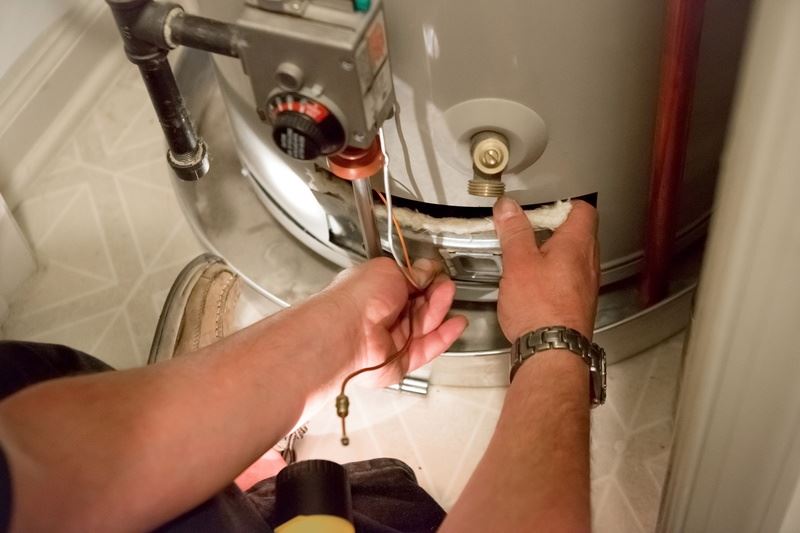
The short answer to the question asked in the title of this post is—hopefully, yes. A better answer is—if you have to ask this question, then it is probably time to check in on it! If you use a tank water heater, then you owe a huge debt of gratitude to the anode rod in that water heater, regardless of whether or not you are aware of its presence and what it does for your system. Of course, we think that it is always best to have some understanding of such matters, so we'll be taking a closer look at the anode rod today.
Before we begin, let us just say that a tank water heater is a great option for many homeowners. It is certainly no fluke that the system consistently ranks as the most popular type of water heater throughout the country! That being said, and as is the case with any appliance, tank water heaters do have a few cons to go along with their many pros. The best way to mitigate any issues stemming from these cons is to work with a trustworthy, professional plumber in Avon, CT.
Okay, So What's an Anode Rod?
The anode rod is a component that tank water heaters really rely upon. It is simply a rod that screws into the hot water tank, and its sole purpose is to degrade and corrode over time. Sooooooo, why do that? Because if the anode rod weren't there to corrode away—or if it is already too corroded to be effective—then it will be your tank that is corroding and degrading over time!
While hot water tanks are equipped with glass liners that protect the metal from the danger of corrosion, that liner is going to develop cracks and splits over time. It is simply unavoidable given the constant heat that the liner is faced with. Once those cracks form, the water can begin the process of corrosion, putting the integrity of the hot water tank in place. And, once that tank springs a leak, it is time for a whole new water heater!
How Does It Work?
It's really simple, actually. The anode rod is composed of materials specifically designed to attract the corrosive elements in the water that it contains. This typically means aluminum, zinc, or magnesium, as these materials are all more reactive than the steel of the water heater tank. The anode rod corrodes over time, and its method of protecting the hot water tank earns it the moniker of a "sacrificial" anode rod.
How Do I Replace It? And When?
We are not going to lie to you and say that there are no homeowners out there capable of changing out there anode rods successfully on their own. We are also not going to lie to you and say that this is always a good idea, though. It's more complex than many people realize, and we feel that it is a job best left to trained professionals. This eliminates the risk of injury to the homeowner, as well as the damage that can be caused to the replacement rod or the water heater itself in the process.
The anode rod screws out of the hot water tank from the top, usually. Generally speaking, an anode rod should be replaced somewhere in the every 3-5 year range. Just remember that a number of factors can influence the need for replacement, so having a professional assess the condition of the anode rod regularly is definitely a good idea.
Schedule your water heater services with us. Live more comfortably, choose Dynamic Mechanical.
